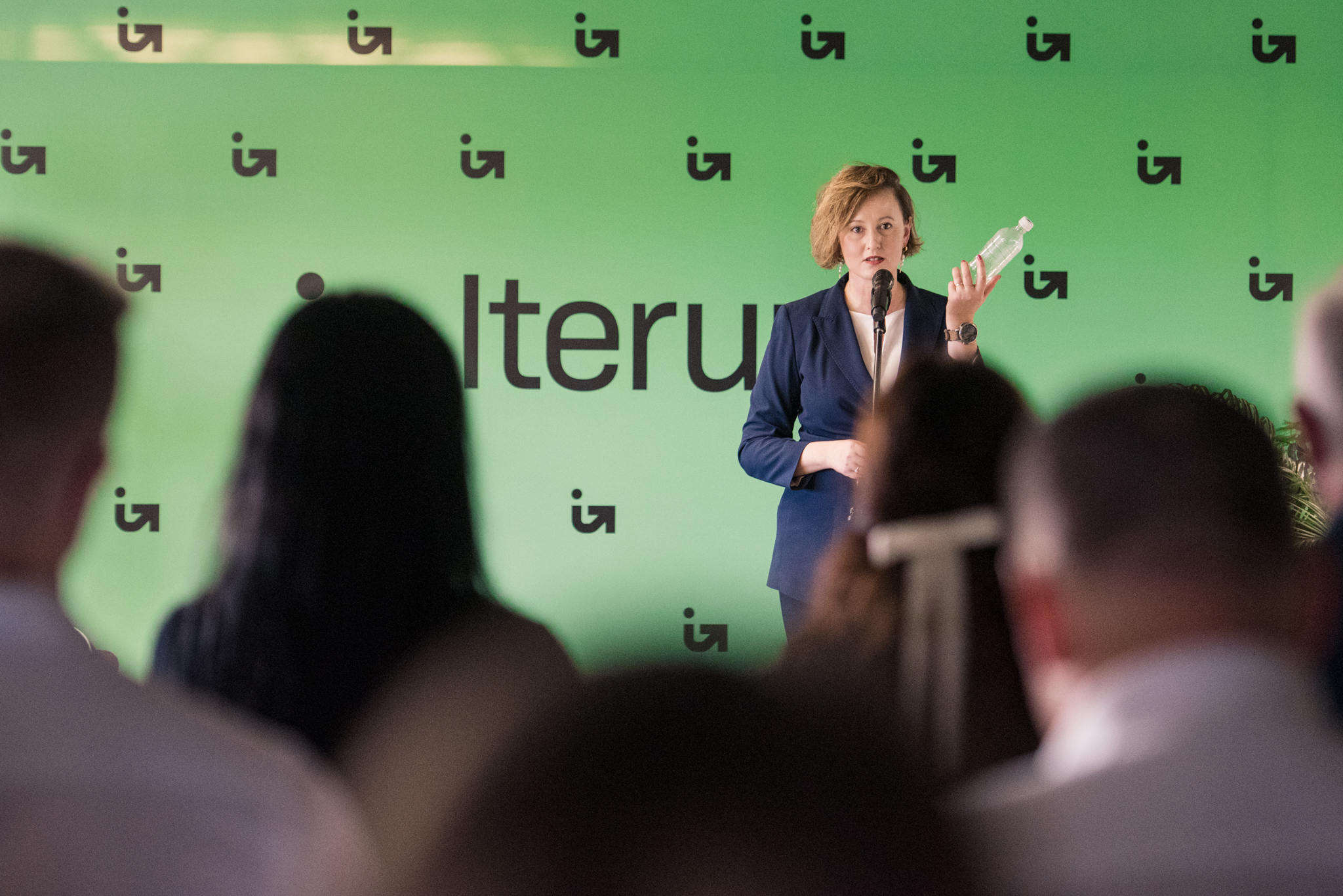This website uses cookies
For this website to work it uses strictly necessary cookies. You will close the informative warning window by clicking on the "Understood" button!

Recycling of plastics plays a major role in the achievement of the European Union (EU) Green Deal objective, and Member States have to cope with increasingly stricter regulatory framework. In order to promote the use of recycled materials and sustainability of plastic bottle production, pursuant to the legislation, PET bottles must currently contain at least 25% recycled plastic and at least 30% of recycled material must be incorporated in all plastic beverage bottles by 2030. In EU practice, this is the first common framework for the use of recycled materials in the production of packaging that will demonstrate whether such initiative can work in Europe and how effectively. However, it is, as yet, unclear how to verify regulatory compliance and impose penalties for non-compliance.
Clear objectives, hazy monitoring
At present, producers themselves decide on recycled material content in bottles as it has a direct impact on the competitiveness of the end product on the market. Recycled materials are currently more expensive than primary raw materials (primary raw material prices are closely linked to fluctuations in the cost of oil which in turn is affected by global political processes, and last year the price of oil decreased significantly in the USA). Hence, two different bottles may contain an equally good beverage, but the bottle with less recycled content will be less expensive. The beverage industry is highly competitive, economic conditions are major determinants of demand, and every euro cent could play a decisive role. The pragmatic view of this matter and reluctance to move towards higher recycled material contents on behalf of producers can be therefore understood: if the price difference is significant, beverage producers have strong economic motivation to put sustainability objectives aside in order to secure their competitive position
Moreover, in many countries there is a lack of clearly defined scope of penalties and monitoring mechanisms. Member States (i.e. businesses) are required to report on the recycled plastic content in beverage bottles, but monitoring of the process and determining the degree of responsibility are left to the discretion of each Member State thus causing differing circumstances across Europe. Since ITERUM is an export-oriented company, it follows closely what control measures and penalties are in place in other European countries, especially those with large beverage producers. Even today, many countries have failed to introduce specific monitoring and penalty mechanisms at national legislative level to achieve the objectives laid down by European Union law.
Necessity to arrange relationships with suppliers outside the EU
Lack of control is not the only challenge. First, there are high import flows from Asian countries which not always entails a fair practice. There have been several cases in Europe where pellets of suspiciously high quality were imported from China as partly recycled material. It remains difficult to prove fraud due to the lack of tests that could help clearly determine the exact part of recycled materials and whether there is evidence of the use of primary raw materials that are sold at a higher price.
Second, in October Europe introduced the regulation which makes the traceability of materials compulsory in the production of food packaging throughout the whole chain that is certified by a special certificate. This regulation, however, is subject to broad interpretation. As regards application thereof, there is no common opinion on the market among various recycling chain participants, market players, even different certification bodies, thus creating unequal conditions for a number of European participants on the market. Recyclers and producers might be faced by an issue as to whether they are allowed to purchase raw materials outside the Union borders. It must be recognised that absence of any primary raw materials and regulated cooperation with suppliers from countries outside the EU is impossible. It is estimated that the maximum amount of recycled materials that can be used in production is below 75% due to a certain life cycle of all polymers, and without addition of primary raw materials they cannot be recycled indefinitely.
Benefit – highly valuable
Although there are major challenges, the benefit is quite significant as well. Determination of recycled material content as a mandatory requirement will hopefully clean up the international market, thus minimising the uncontrolled spread of primary raw materials from Asian countries. This also presents an opportunity to reduce dependence on the large oil-producing countries, which is vital in the current geopolitical situation, and also to avoid a situation where oil price decrease and the resulting price drop of primary raw materials would make them a priority for producers. And, of course, the environmental benefit represents an invaluable gain. Currently, many producers experiment with the material content and ITERUM customer network includes those producing bottles from 100% recycled materials, thus implementing their sustainability strategies.
Latvia, as a whole, has made great progress towards improving recycled plastics circulation. The rapid development of the deposit system was a major step forward where active public involvement was of major importance: we are now among the leaders in Europe in terms of the use of the deposit system and therefore good, high-quality materials that can be recycled effectively are delivered to recyclers. Active involvement of Latvia in EU decision-making and a clear regulatory framework to ensure actual achievement of the use of the prescribed 25% recycled materials and clear penalties for non-compliance are among things which still have the potential for improvement. As regards the achievement of climate objectives, this is an opportunity for Latvia to show itself from the good side and to become an example for the entire Europe even if this is the case of a small plastics recycling and production industry.